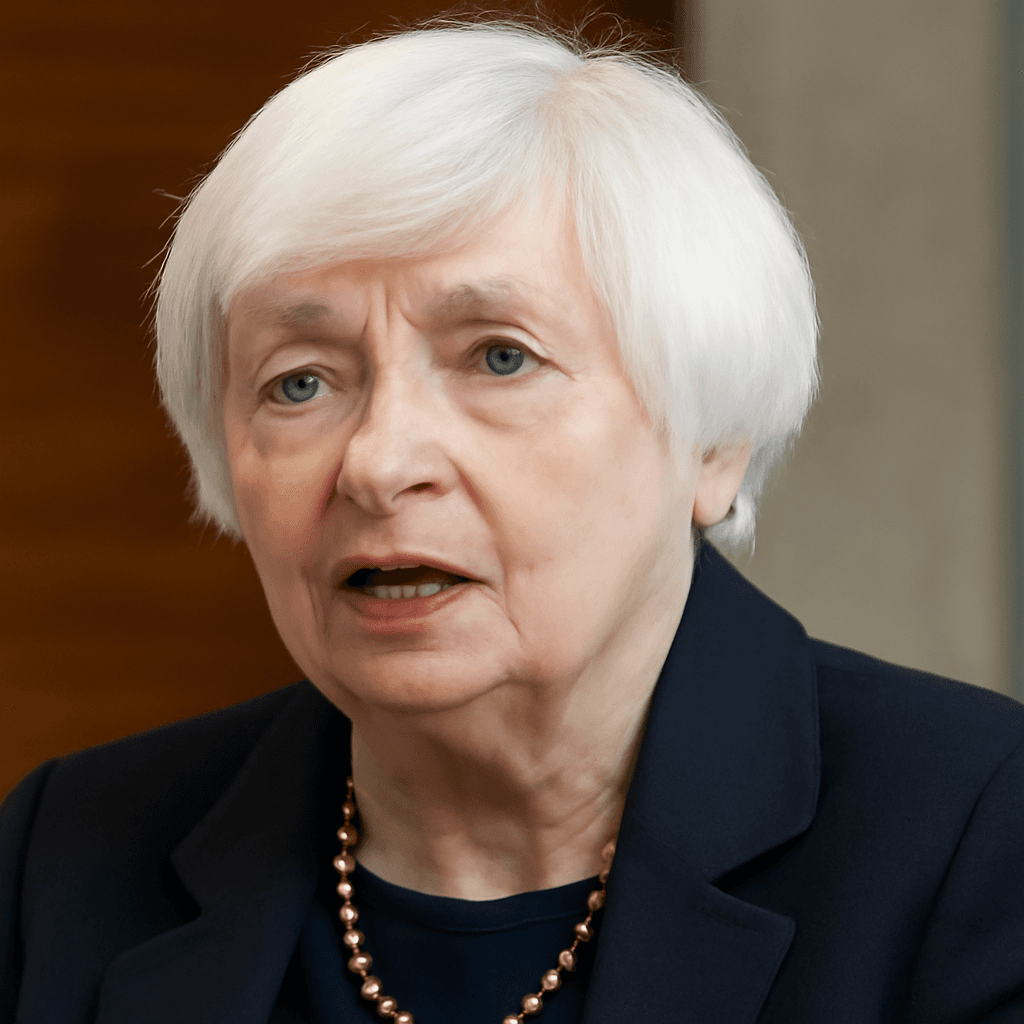Small-Cap Stocks Rally Amid Easing Economic Concerns
While the S&P 500 hovers near record highs, small-cap stocks are stealing the spotlight this week. The Russell 2000 index has climbed 0.8% so far in 2025, outperforming the S&P 500, Nasdaq, and Dow Jones Industrial Average. This marks its ninth winning week in ten, trimming the small-cap losses in 2025 to less than 4%.
Is a "Small-Cap Summer" on The Horizon?
Jonathan Krinsky, a leading market technician, recently suggested the possibility of a "small-cap summer" as the index maintains steady upward momentum. Despite this positive trend, the fundamental economic factors driving the rally remain somewhat unclear, as the overall economic landscape has seen only modest changes over the past month.
Short Squeeze and Market Positioning Play Their Roles
One explanation centers on market positioning. Small caps had substantial room to catch up with larger stocks. A Bank of America sales note highlighted that short interest—and bets against small caps—were notably higher than for larger companies. As investors unwind these positions, this shift could be fueling a surge in small-cap prices.
Economic Indicators Point to Positive Signals
Recent economic data, while incremental, tilt slightly positive. Inflation metrics have shown minimal impact from tariffs so far, which benefits smaller companies operationally. If this trend holds, it may encourage the Federal Reserve to consider cutting interest rates, which would be a boon macroeconomically, according to investment strategist Angelo Kourkafas.
“Small-cap firms are especially vulnerable to high interest rates, which have been a substantial headwind for the Russell 2000,” Kourkafas explained. Rate cuts could also help sustain labor market stability, reducing concerns over job losses.
Looking Ahead: 2026’s Bright Outlook
As recession worries ease in 2025, investors are setting their sights on 2026. Expectations are for tariff issues to be more settled and possibly a fresh wave of tax cuts to boost growth.
Analysts note that while 2025 earnings estimates have dipped, small caps are expected to bounce back strongly in 2026. “Despite several false starts, the years of suppressed earnings for small caps could give way to a cyclical resurgence next year,” Kourkafas added.
Key Takeaways
- The Russell 2000 has gained 0.8% in 2025, outpacing major indexes.
- Short interest unwinding could be lifting small-cap prices.
- Moderating inflation and tariff impacts may prompt Fed rate cuts, benefiting small caps.
- Labor market strength may persist, easing recession concerns.
- 2026 earnings forecasts for small caps remain optimistic despite 2025 revisions.
Small-cap stocks appear poised for a potentially strong summer and beyond, driven by a mix of technical market shifts and improving economic signals. As always, investors should watch for any sudden changes in macroeconomic conditions while positioning accordingly.



















